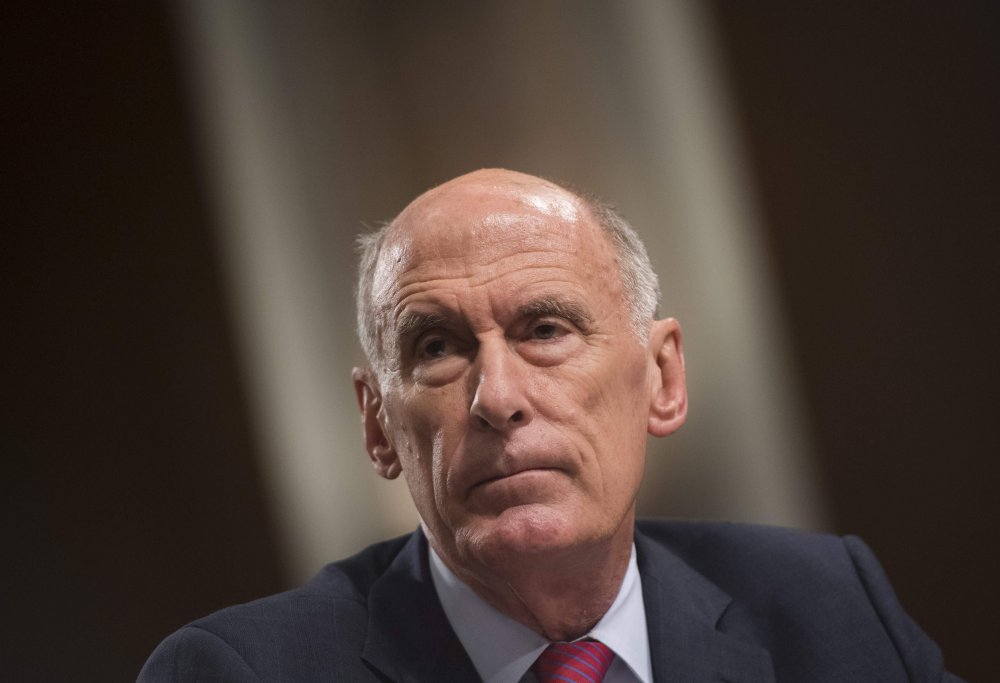When Department of Homeland Security Secretary Kirstjen Nielsen spoke over the weekend at a convention of state secretaries of state, she raised the prospect of additional foreign intervention in the 2018 midterm elections, though the DHS chief seemed to have something of a mixed message.
On the one hand, Nielsen said the threat of cyber-attacks has not dissipated. On the other hand, as the Associated Press noted, she added that there are no signs that Russia is targeting this year’s elections with the same “scale or scope” it targeted the 2016 presidential election.
The director of national intelligence seemed far less sanguine. The New York Times reported:
The nation’s top intelligence officer said on Friday that the persistent danger of Russian cyberattacks today was akin to the warnings the United States had of stepped-up terror threats ahead of the Sept. 11, 2001, attacks.
That note of alarm sounded by Dan Coats, the director of national intelligence, came on the same day that 12 Russian agents were indicted on charges of hacking the Democratic National Committee and Hillary Clinton’s presidential campaign. Mr. Coats said those indictments illustrated Moscow’s continuing strategy to undermine the United States’ democracy and erode its institutions.
Speaking at a scheduled event at the Hudson Institute, Coats referenced the concerns among intelligence officials in the months leading up to 9/11, when the “system was blinking red.” He added, “Here we are, nearly two decades later, and I’m here to say the warning lights are blinking red again.”
In the same remarks, Coats said the United States’ digital infrastructure “is literally under attack,” and among our foes, Russia is the “worst offender.”
All of this coincided with latest Justice Department indictment, charging 12 Russian intelligence officials for helping orchestrate the operation that targeted the 2016 presidential election.
Coats’ remarks also came one day after Donald Trump said he’d bring up the issue during his meeting with Russian President Vladimir Putin. “What am I going to do? He may deny it,” Trump said. “All I can do is say, ‘Did you?’ And, ‘Don’t do it again.’ But he may deny it.”
The trouble, of course, is that this isn’t all the American president can do. Indeed, Trump has not only failed to condemn Russian interference in our political system, the Trump White House also eliminated the job of the nation’s cyber-security czar in May.












